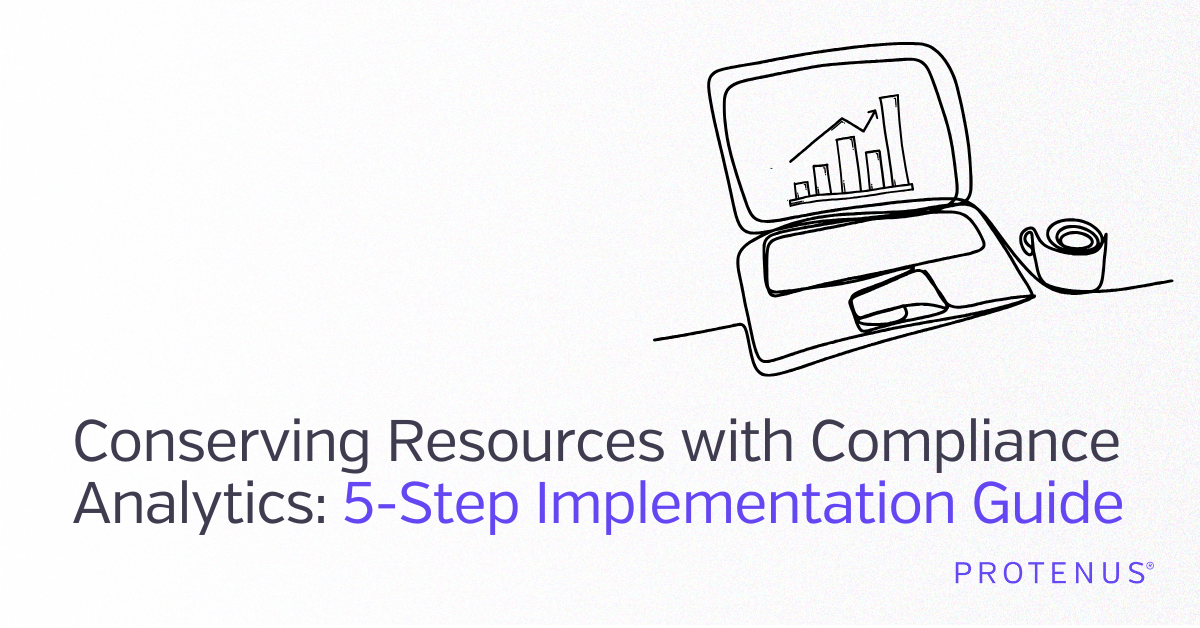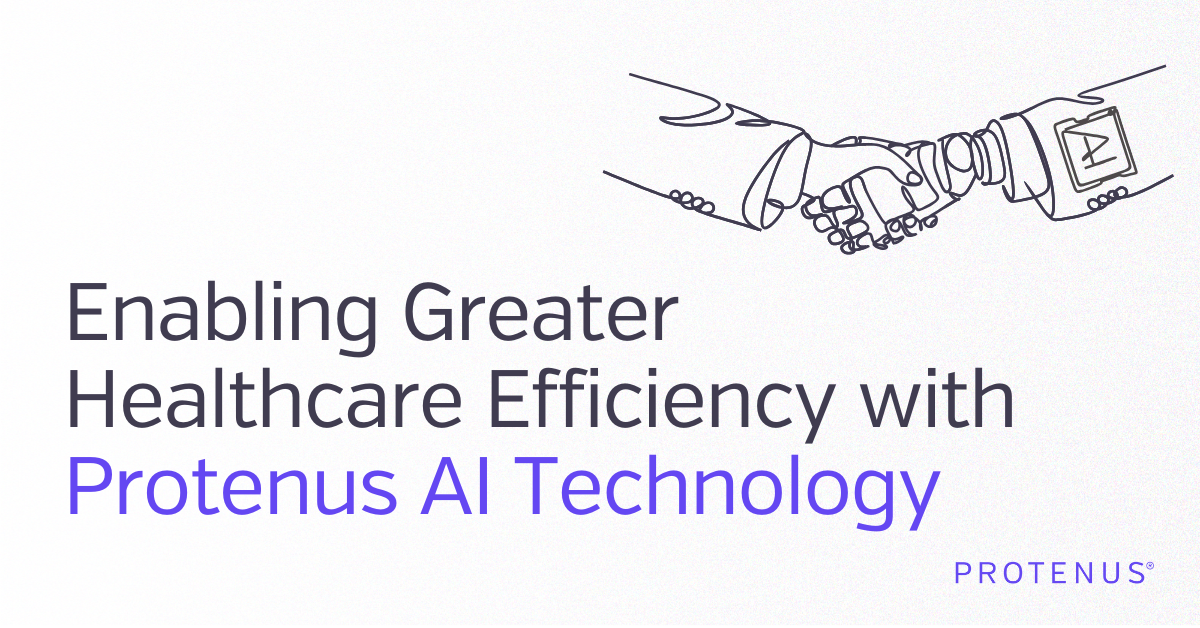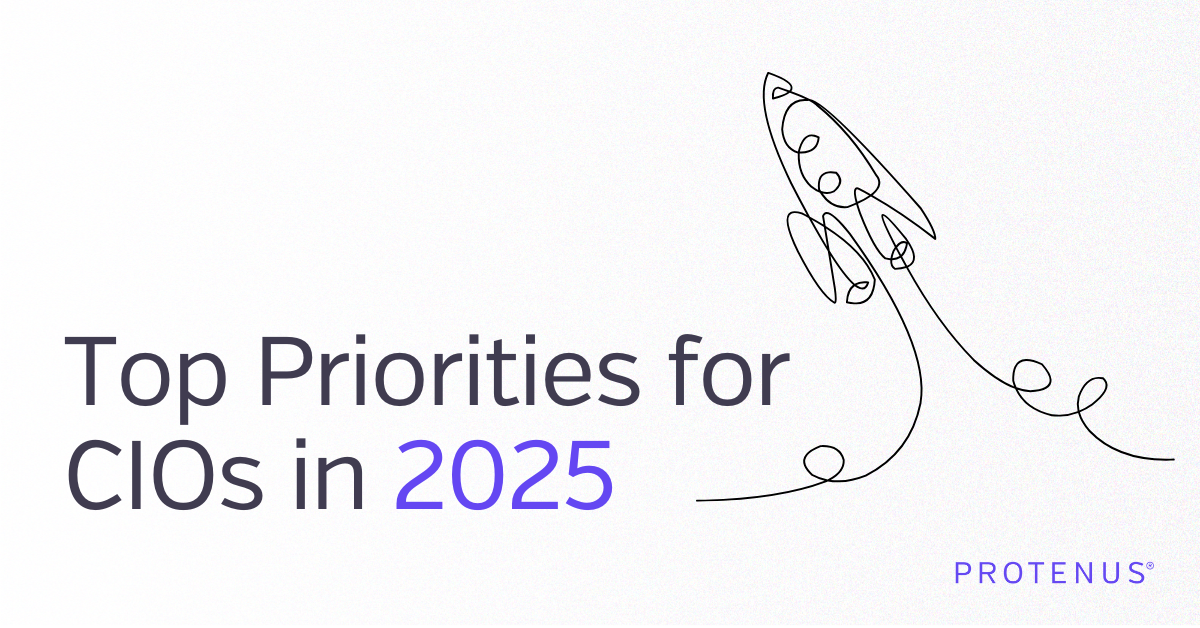Share this

Waste buddies: An innocuous name, but a dangerous problem
by John Burke, President/Owner of Pharmaceutical Diversion Education Inc. on December 3, 2018
When detecting clinical drug diversion in health systems, you’re often up against a difficult adversary - the desperation and creativity of the motivated diverter. Whether a doctor, nurse, tech, or affiliated staff member, these front-line individuals are always finding new ways to divert medications from legitimate patient care, putting their colleagues, themselves, patients, and healthcare facilities at risk.
Employees often steal controlled substances by recording pilfered drugs as “waste” in the Automated Dispensing Cabinet (ADC) from which they’re drawn. The industry has known this is a problem for years, and as a result, ADCs require that a second individual, or a “waste buddy,” confirm that waste is properly disposed of.
Unfortunately, diverters often use their colleagues to falsify documentation, taking advantage of the overworked and understaffed conditions that many nurses work under. While we need to be sympathetic to the time constraints and burdens we place on nursing teams that often drive these practice deviations, we also need to make sure that we’re protecting workforce members and patients from diverters. No matter the reason, false documentation of waste is still a violation of the law, and certainly a significant compliance violation.
The new recruit
While diversion happens in any role, problems with the abuse of “waste buddies” are most common among nurses, given their particular interactions on the floor. When you have a wastage partner who is a nurse fresh out of school, or someone in a new facility getting used to different policies and procedures, a veteran nurse diverter simply might explain that “how we do it in real life is not necessarily what you learned in nursing school or at your last facility. At the end of the shift I mark I witnessed your wasting and vice versa.”
The nurse manager needs to make it clear to the entire staff, and especially to those new to the facility, how witness of waste should occur. It’s best to witness before administration when possible, and this should be the policy. Nursing staff may benefit from a quick reminder as to how to waste properly and encourage or mandate them to utilize other wastage partners.
The trusted colleague
Another way that diverting nurses circumvent witness-based controls is by taking advantage of a trusting colleague with whom they’ve worked with a long time. Innocent wastage partners are almost never aware that they are aiding in diversion and addiction. They are too busy caring for patients, and they trust their teammates. Addicted diverters are very good at keeping the innocent waster in the dark.
Since many diverters are considered “the best nurse on the floor,” the innocent waste partner may rationalize how busy their partner is and that doing wastage sign offs at the end of the shift just makes sense. This can change as the diverter’s addiction progresses and even the innocent partner has suspicions. However, at this point, he or she may feel reluctant to say something since they have been involved in the improper wastage as well.
When wastage cases were investigated, upon being asked if they had witnessed the waste, wastage partners often admitted they had not. Signing off on wastage is a crime - a felony in most states - but not something we typically charge the innocent waster with. In most cases, this ultimately served as an unfortunate educational moment for the innocent waste buddy.
The stolen identity
Other examples include an addicted diverter who forges a waste partner’s initials. The first step in an investigation may be having the Charge Nurse question the nurse whose initials are being used, as a vigilant nurse may be one of the only ways to catch this without the use of advanced technology. Thoughtful questions and discussions can reveal a variety of problems and may pinpoint the offender.
It’s important to note that forgers aren’t always diverters. There are situations when the forging is occurring for expediency, rather than diversion. Through questioning, the Charge Nurse will have to ascertain if this is expediency or if there are other signs of diversion - is the individual a heavy waster, are they wasting when smaller doses were available making wastage unnecessary, and/or do they have heavy PRN administration when compared to other nurses?
Nursing and pharmacy leaders must do their homework to build a comprehensive case before taking the next steps. Needless to say, if expediency is the issue and not diversion, some minor form of discipline is warranted, while letting them know they are technically committing a crime.
The healthcare industry needs more comprehensive analytics to understand appropriate versus inappropriate wastage. Patterns related of specific departments and the patients being treated should be taken into account. By gaining new insight into what is characteristic of appropriate versus an inappropriate waste buddies, we can look at more subtle patterns of diversion that are left undetected by only using simple reports.
Manually reviewing a small number of transactions simply won’t cut it anymore - we need ways to review 100% of transactions, looking at every angle to determine the difference between sloppy documentation and malicious activities. Confirming appropriate wastage is just one piece of this complex puzzle, but it’s an important one that we must address now, through the hard work of culture change and the cutting-edge technology that allows for the review of all transactions and proactively identifies inappropriate waste that is putting institutions at risk.
Read the Diversion Digest to understand the full impact clinical drug diversion is having on the healthcare industry.
Share this
- December 1, 2024 (3)
- November 1, 2024 (1)
- October 1, 2024 (2)
- September 1, 2024 (1)
- August 1, 2024 (1)
- July 1, 2024 (1)
- June 1, 2024 (1)
- May 1, 2024 (1)
- March 1, 2024 (2)
- February 1, 2024 (3)
- January 1, 2024 (1)
- December 1, 2023 (1)
- November 1, 2023 (3)
- October 1, 2023 (3)
- September 1, 2023 (1)
- August 1, 2023 (1)
- July 1, 2023 (2)
- April 1, 2023 (1)
- March 1, 2023 (1)
- February 1, 2023 (1)
- December 1, 2022 (3)
- November 1, 2022 (3)
- October 1, 2022 (1)
- September 1, 2022 (1)
- August 1, 2022 (2)
- June 1, 2022 (4)
- May 1, 2022 (5)
- April 1, 2022 (1)
- March 1, 2022 (4)
- February 1, 2022 (3)
- November 1, 2021 (2)
- October 1, 2021 (3)
- September 1, 2021 (3)
- August 1, 2021 (3)
- July 1, 2021 (4)
- June 1, 2021 (2)
- May 1, 2021 (2)
- April 1, 2021 (2)
- March 1, 2021 (5)
- February 1, 2021 (1)
- January 1, 2021 (1)
- December 1, 2020 (1)
- November 1, 2020 (2)
- October 1, 2020 (2)
- September 1, 2020 (3)
- August 1, 2020 (2)
- July 1, 2020 (2)
- June 1, 2020 (6)
- May 1, 2020 (3)
- April 1, 2020 (4)
- March 1, 2020 (2)
- February 1, 2020 (4)
- January 1, 2020 (2)
- December 1, 2019 (2)
- November 1, 2019 (1)
- October 1, 2019 (1)
- September 1, 2019 (1)
- August 1, 2019 (1)
- June 1, 2019 (1)
- April 1, 2019 (1)
- February 1, 2019 (1)
- January 1, 2019 (1)
- December 1, 2018 (2)
- November 1, 2018 (2)
- October 1, 2018 (2)
- September 1, 2018 (3)
- August 1, 2018 (1)
- July 1, 2018 (2)
- June 1, 2018 (2)
- May 1, 2018 (1)
- April 1, 2018 (1)
- March 1, 2018 (2)
- February 1, 2018 (6)
- January 1, 2018 (2)
- September 1, 2017 (2)
- August 1, 2017 (2)
- June 1, 2017 (2)
- May 1, 2017 (1)
- April 1, 2017 (1)
- March 1, 2017 (2)
- February 1, 2017 (5)
- January 1, 2017 (2)
- December 1, 2016 (3)
- November 1, 2016 (5)
- October 1, 2016 (4)
- September 1, 2016 (8)
- August 1, 2016 (4)
- July 1, 2016 (4)
Subscribe by email
You May Also Like

Conserving Resources with Compliance Analytics: A 5-Step Implementation Guide

Enabling Greater Healthcare Efficiency with Protenus AI Technology

.png?width=1000&height=140&name=Bluesight%20%2B%20Protenus%20Logo%20%20(1).png)
